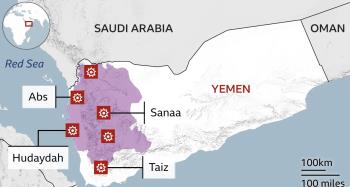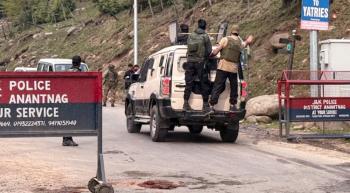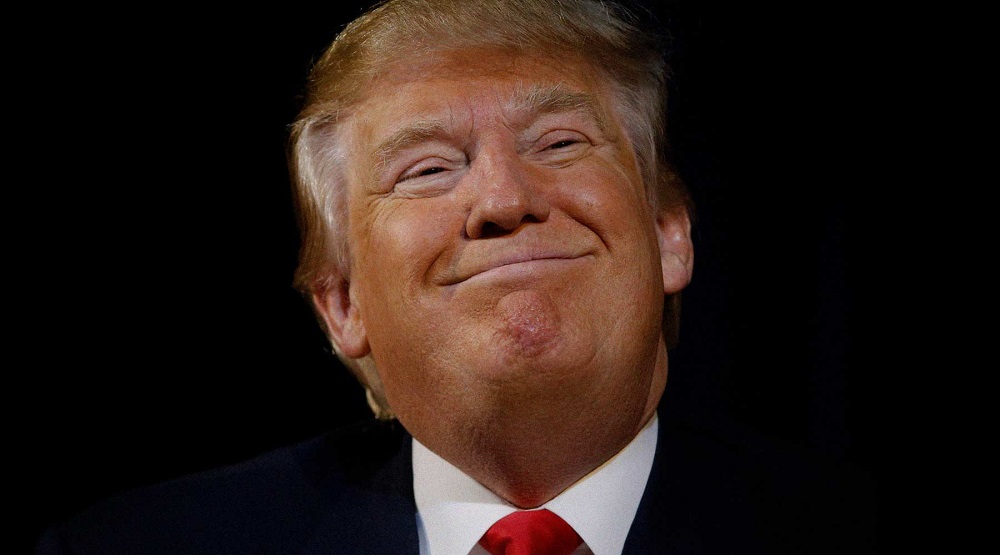Alwaght- When Donald Trump became the president of the US, waves of speculations began to flood the media about his prospective role in the West Asian developments, largely taking their bases from campaign-time speeches and promises as well as his performances during the first two months of holding the office in the White House including his recent missile strikes against a Syrian military base.
Initial assumption was that the new American leader will cooperate with Russians to contribute to finding a political solution to the Syrian crisis that now turns six years old. But his last week missile raid at the Shayrat military base, which is a key launching pad for anti-terror battle by Damascus, has only deteriorated the political and military equations of the Syrian conflict.
The Trump shift of approaches before and after presidency was not limited to his Syria stances. The same shift has been noticeable in his Saudi-related approach. During his election campaign speeches, Trump came tough on Riyadh but the situation was different after assuming the power. He, as a president, has shown that he still puts premium on saving the Arab kingdom as significant part of the US West Asia policy. Such an attitude pushed him to turn a blind eye to the Bahraini regime’s (Saudi Arabia’s allay) crackdown on the reform-seeking protestors in association with the Saudi forces in the tiny island country.
Trump did not stop short of that: he reiterated the US commitment to military support of Saudi monarchy to help Riyadh press forward for its goals in the war against the neighboring Yemen. One of the pro-Saudi American moves included increase of the US forces in Yemen under the excuse of fighting al-Qaeda terrorist group.
This is not the only and last measure in solidarity with the Saudi Arabian campaign to push against the revolutionary movement in Yemen that removed the former President Abdrabbuh Mansur Hadi, a close ally to Riyadh. Ignoring the traditional US humanitarian gestures, the Republican Trump administration has recently sold $300 million worth of military equipment including precision-guided bombs to Saudi Arabia, reportedly causing outcry of over 30 lawmakers.
The deal is latest in a series of steps made just against the decisions of the administration of former President Barack Obama who last year blocked weapons shipment to Saudi Arabia following questions about Riyadh’s wide-ranging crimes against the human rights amid an ongoing bombing campaign in Yemen. At the time, over 60 lawmakers sent a letter to Obama calling on him to delay arms delivery. The deal included $1.15 billion worth of tanks and other wares to Saudi Arabia.
The decision to strengthen Riyadh militarily and sell guided bombs comes while the global public opinion was still shocked by the last week chemical attack against the Khan Shaykhun village in Syria's Idlib province. At the same time, the media are circulating reports about the asymmetrical war between the fully armed Saudi-led Arab military coalition and the Yemeni revolutionaries. The reaffirmed military support for the Saudis, according to the analysts, lays bare that the ostensibly pro-rights West disregards that jeopardize lives of thousands of innocent people as it blindly forces its way towards its West Asian policy and confrontation of Iran-led Axis of Resistance at any cost.
The experts warn that this approach can lead to increased possibility of further clashes in the region. The terrorist groups that in past few weeks became impaired and struck with internal dispute after sustaining painful blows from the Syrian and Iraqi armies grew emboldened after the unauthorized US attack on Syria. The refreshed US military backing to Saudi Arabia also gave the same encouragement to the terrorist groups.
In Yemen, Ansarullah movement along with the armed forces and other popular committees in the country has displayed a strong resistance to the Saudi coalition since the aggression was launched in March 2015. Responding to the Arab alliance's fighter jets' heavy bombardment of Yemen’s infrastructures that directly plagued civilian life, Ansarullah fired retaliatory missiles against southern parts of the kingdom. But Americans’ strengthening Saudi Arabian offensive power and supplying it with guided missiles can tip the balance of power in favor Riyadh and increase civilians' casualties.
Approving the pinpoint bombs deal to Riyadh, which is questioned as a blatant violation of the human rights as they go to be rained down on the Yemenis, is taking place while Washington recently carried out missile strikes against Syrian government’s position calling the measure a retaliatory attack in response to use of chemical weapons allegedly by the Syrian government.
No evidence has been presented yet to prove Damascus was to blame for the poisonous attack. But what is so evident is that Trump strikes Syria under the cover of supporting the Syrian people but at the same time sells Riyadh smart bombs to kill the innocent Yemenis. The analysts argue that this is reminiscent of the US double standards in dealing with the regional nations.



























